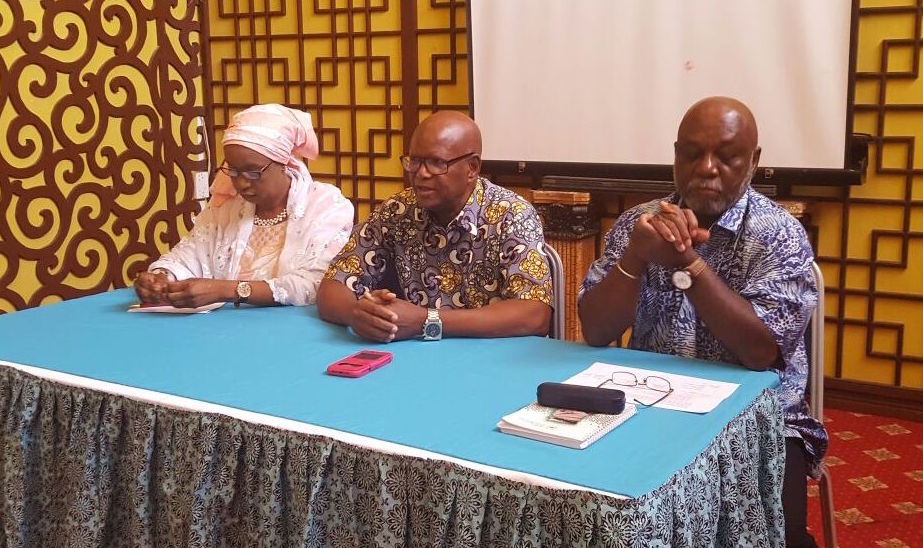World Press Freedom Day (WPFD) is observed globally on May 3 in celebration of the importance of press freedom and media independence and pluralism. Today, the Media Foundation for West Africa (MFWA) joins the world in commemorating press freedom under this year’s theme: “Let Journalism Thrive! Towards Better Reporting, Gender Equality, & Media Safety in the Digital Age.” In accordance with the 2015 WPFD theme, the MFWA calls for increased independent, quality reporting by the media; women’s enjoyment of free expression and participation in public life in and through the media; and awareness of digital safety for journalists.
Independent and Quality Media
Since last year, the MFWA has regrettably recorded increases in unprofessionalism by the media in West Africa. Decreases in independent and quality reporting negatively impact the public’s trust in the media and consequently hurt the media’s ability to act as a watchdog. Moreover, independent and quality reporting can play a pivotal role in maintaining peace and stability. Conversely, unprofessional conduct can facilitate violence and other abuses—especially during election periods, which several countries in West Africa enter this year. The MFWA looks forward to continuing to engage the media on increasing media independence and quality journalism.
Gender and Media
Although important strides have been made towards improving women’s participation in public life, obstacles remain to West African women’s ability to both express themselves and participate in governance in or through the media. In Ghana, which has exemplary levels of civil and political rights protections in West Africa, the MFWA found underrepresentation of women as featured individuals, discussants, and moderators and in the share of women’s issues discussed on radio programmes.
Gender balance and equality in a particular media platform’s reports and programmes indicate that it is readily accessible to women. Such gender representation can, in fact, empower women to use the media as a vehicle for seeking, receiving, and imparting information about issues in their community. In turn, this helps promote good and sustainable governance and development. Due to the importance of empowering women, the MFWA has made efforts to increase women’s involvement in and through the media in West Africa.
Digital Safety for Journalists
Journalists in West Africa are frequently targeted for their work: they have been brutalised and even killed, threatened, detained, and otherwise silenced both online and offline. In 2014, the MFWA recorded two incidents of digital rights violations—one in The Gambia and one in Nigeria—but due to the more hidden nature of online (as opposed to offline) violations, other unreported violations may have occurred. As internet penetration continues to rapidly grow in West Africa and the rest of the world, it is increasingly important for journalists to engage in digital safety practices to protect themselves from violations of their digital rights. The MFWA has always monitored and reported on safety of journalists, including digital rights violations, and it hopes to see more gains in both offline and internet freedoms in West Africa this year.
MFWA’s Recommendations
Given the challenges remaining to achieving independent and quality reporting, balance and equality in women’s representation and participation in and through the media, and effective digital safety measures for journalists, the MFWA makes the following recommendations:
To Journalists and Media Houses:
- Exercise professionalism and high ethics in investigating and reporting.
- Refrain from spreading indecent campaign language and hate speech through reporting and programming, especially during election periods.
- Fully and equally integrate women into media programming and newsroom decision-making to achieve gender balance and equality in media representation.
- Develop a document to help journalists conduct risk assessments related to digital safety.
To Civil Society:
- Capacity-build journalists on standards of professionalism and ethics.
- Capacity-build women to use the media to engage in public debates.
- Capacity-build journalists on safety of journalists, particularly digital safety.
To Governments:
- Support professional development of the media through effective frameworks and resource allocation.
- Ensure that security forces understand and respect and protect journalists’ rights.
Photo credit: IFJ






